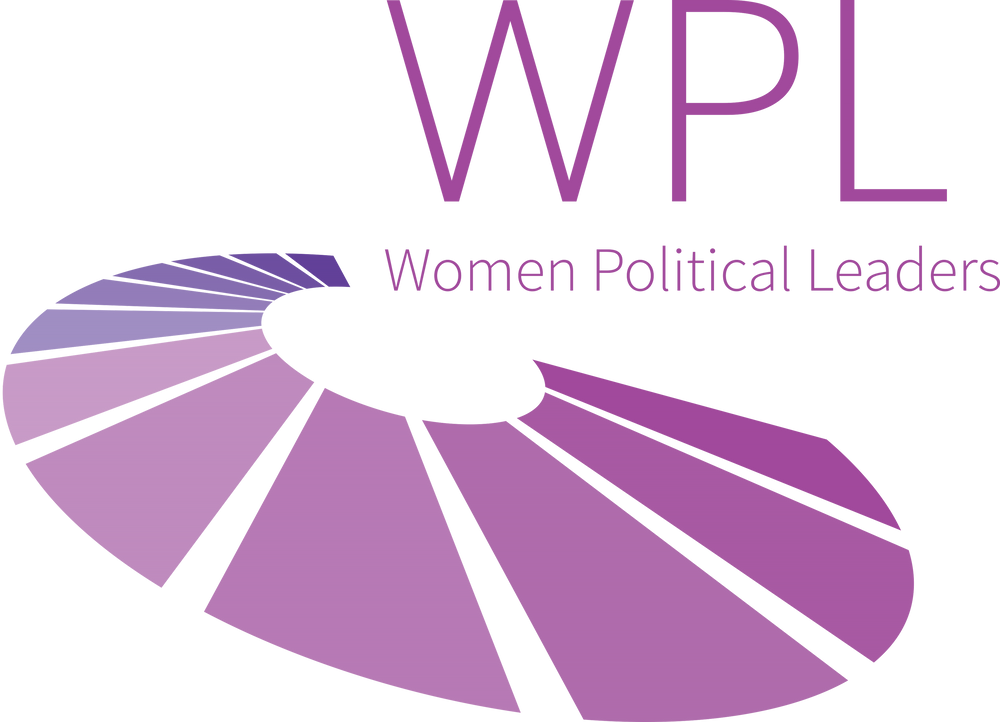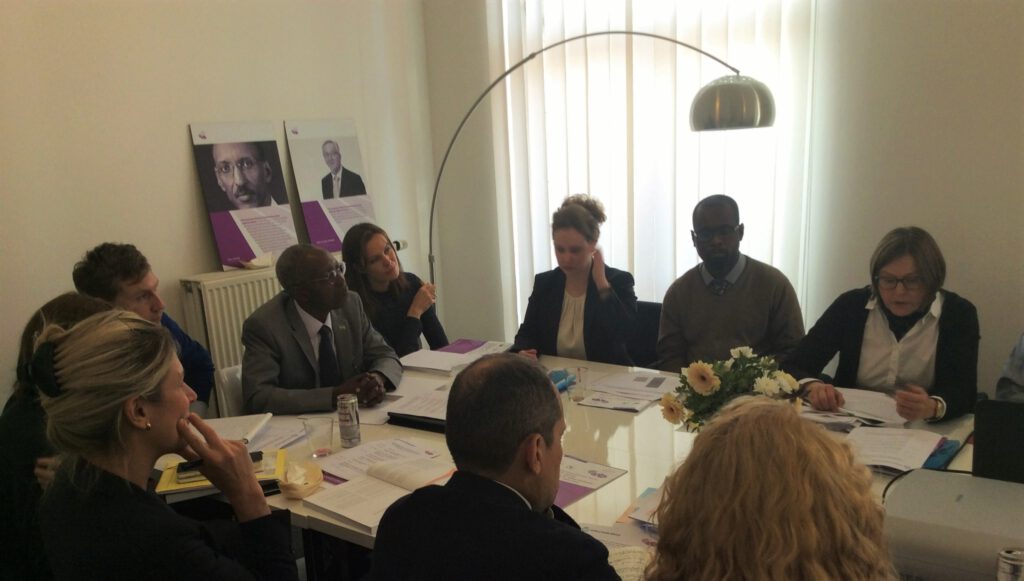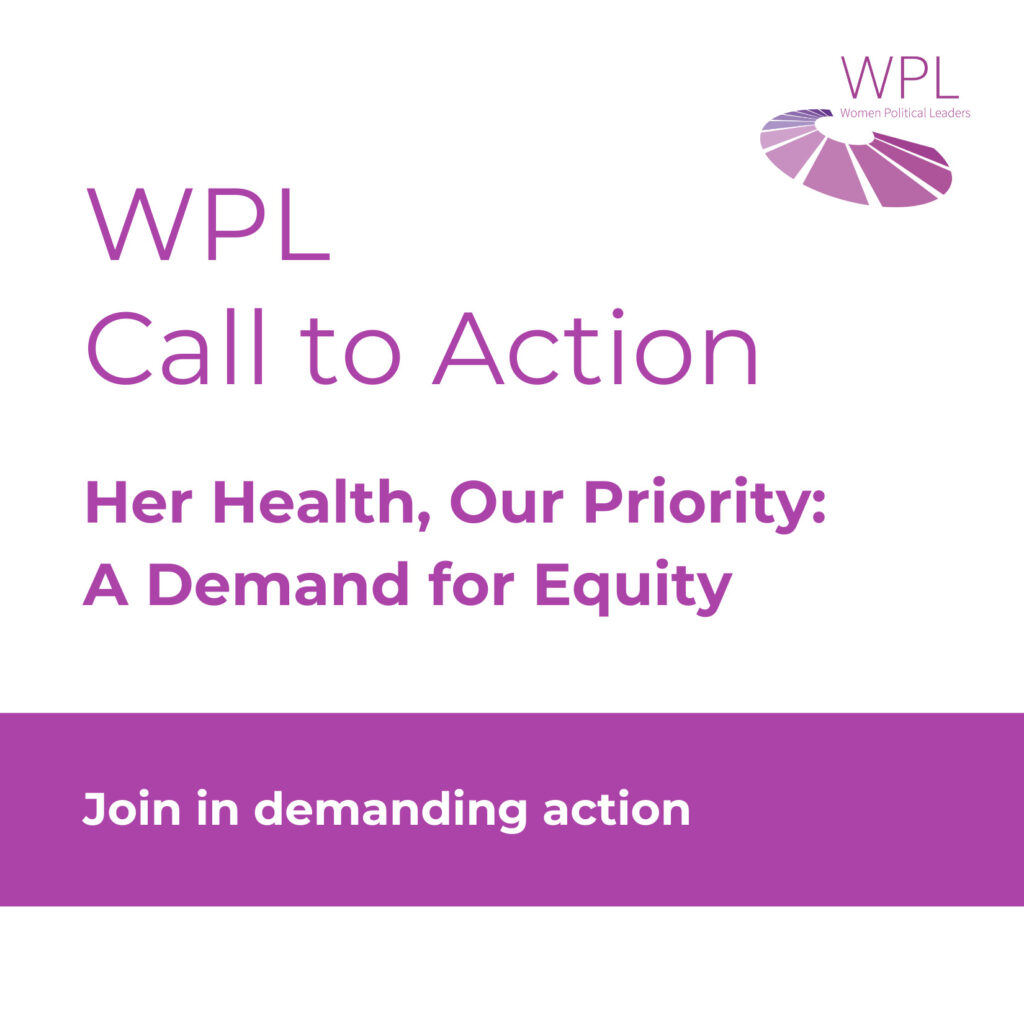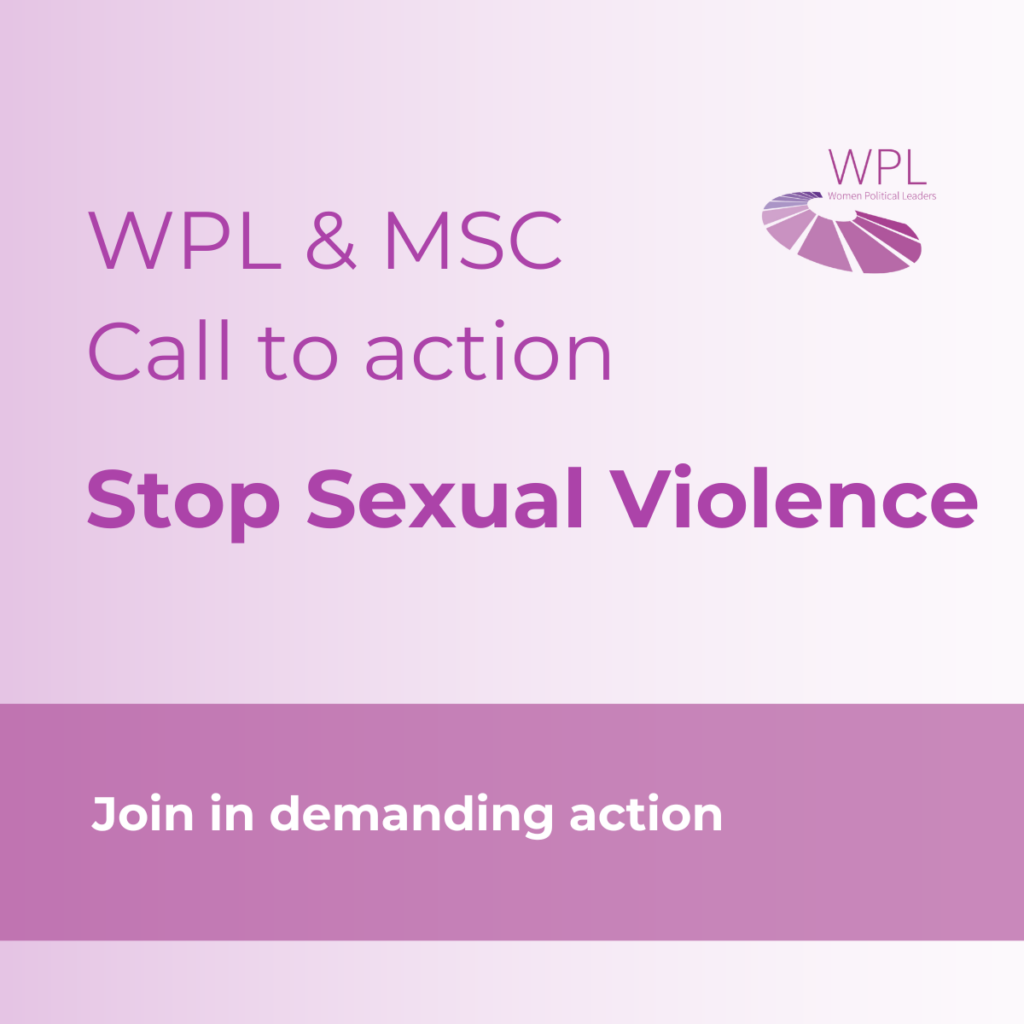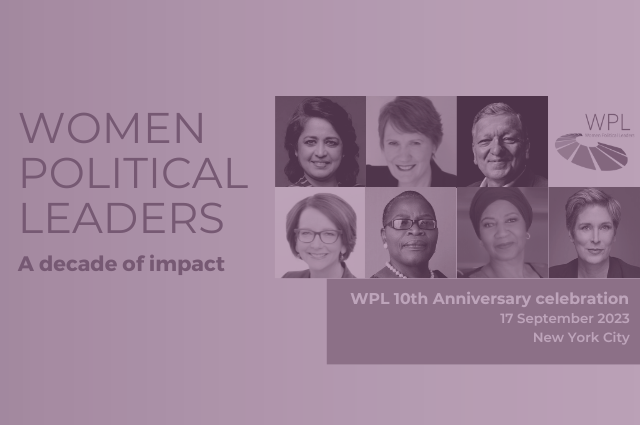On 12 November 2015, the Women in Parliaments Global Forum (WIP), in cooperation with the World Bank Group Brussels office, hosted a round table lunchtime discussion on the findings of the World Bank Group flagship report “Women, Business and the Law 2016: Getting to Equal”.
Speakers included Heidi Hautala, Member of the European Parliament and Vice Chair of the Group of the Greens/European Free Alliance, Irena Andrassy, Deputy Head of Cabinet of Commissioner for International Cooperation and Development, Neven Mimica and Faustin Musare, Chargé d’Affaires a.i. Embassy of Belgium in Belgium.
The report was presented by Augusto Lopez-Claros, Director of Global Indicators and Analysis at the World Bank Group, and measures how laws, regulations and institutions differentiate between women and men in ways that may affect women’s incentives or capacity to work or to set up and run a business. It provides data on legal and regulatory barriers to women’s entrepreneurship and employment in 173 economies, covering seven areas: accessing institutions, using property, getting a job, providing incentives to work, building credit, going to court and protecting women from violence.
This year’s report, in its fourth edition, finds that women face job restrictions in 100 of the 173 economies monitored. For example, women are barred from working in certain factory jobs in 41 economies; in 29 economies they are prohibited from working at night; and in 18 economies they cannot get a job without permission from their husband. Only half of the economies covered have paternity leave, and less than a third have parental leave, limiting men’s ability to share childcare responsibilities. In 30 economies, married women cannot choose where to live and in 19 they are legally obligated to obey their husbands.
The report comes at an opportune time on the 20th anniversary of the Beijing Platform for Action and the year of the adoption new Sustainable Development Goals, and when both the European Commission and the World Bank Group are putting in place new approaches and plans on gender and development.
The meeting was chaired by Silvana Koch-Mehrin, Founder of Women in Parliaments Global Forum and moderated by Massimilano Paolucci, World Bank Special Representative to the EU, Belgium and Luxembourg.
